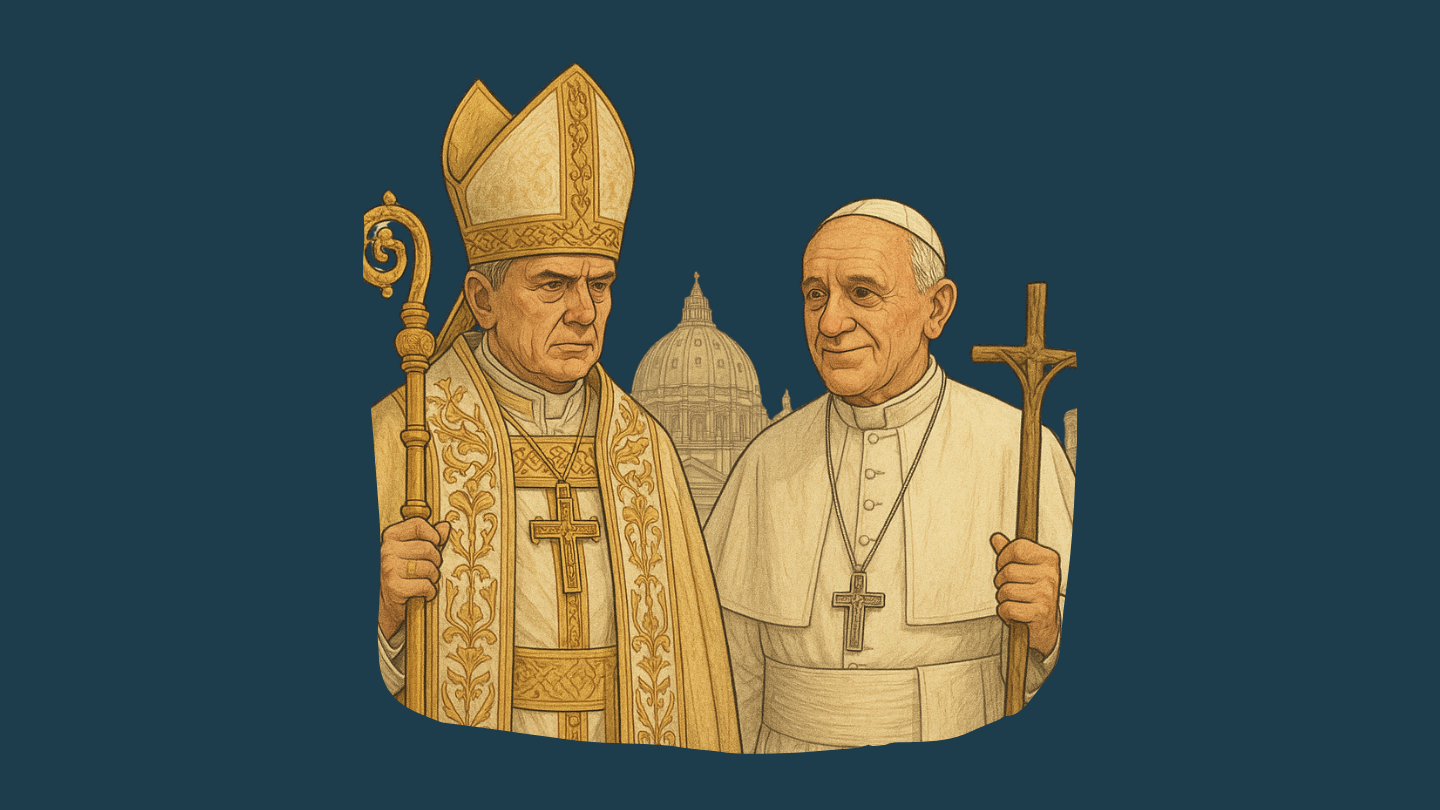
Go Native!
Marketing for online courses is for new and upcoming course creators who are ready to take their marketing to the next level and get results.
Benefits of this subscription plan
Elevate your career
Whether you want to boost your career within the company you are working or grow at your own business by applying the latest strategies, this is the way.
Expert instructors
Our instructors do a great job of communicating and making it a more intimate arrangement. They are supportive and responsible in returning emails.
Satisfaction guaranteed
Studying with us will help you learn how to create, capture and deliver value in a digital world. You'll leave with smart strategies to optimize your performance and satisfaction.
Material you'll love
Video interactions, note-taking, interactive ebooks, self-assessment, certificates, SCORM and much more.
Set and achieve goals
Receive certificates by attending challenging courses. Our students' success is our best asset in showing the quality of our training.
Flexible payment options
Lots of payment options! Payment gateways usually charge fees, so check out the pricing of the payment gateway of your choice.
Go Native!
Add your short subscription description here
What are Openers?

- Openers are conversation starters you will use to participate in a discussion. They come in three forms:
1. Open Questions
- Ask an open question and understand your conversation partners’s views.
- Make sure to ask follow ups, and remember: this is a conversation, not an interview!
2. Stories
- Tell a personal story. Something that has happened to you, or somebody you know.
- Or tell us about something that you have done or seen.
- Your conversation partners must then follow up with you or reciprocate with their own stories.
3. Opinions
- Share an opinion about something that the content has inspired.
- Respectfully identify any agreement or disagreement there is in the room.
What are Openers?

- Openers are conversation starters you will use to participate in a discussion. They come in three forms:
1. Open Questions
- Ask an open question and understand your conversation partners’s views.
- Make sure to ask follow ups, and remember: this is a conversation, not an interview!
2. Stories
- Tell a personal story. Something that has happened to you, or somebody you know.
- Or tell us about something that you have done or seen.
- Your conversation partners must then follow up with you or reciprocate with their own stories.
3. Opinions
- Share an opinion about something that the content has inspired.
- Respectfully identify any agreement or disagreement there is in the room.
The Skinny
You’ve been asked to brief a senior executive (the “boss”) on a key issue from a recent business news event. This person is busy and relies on you to give them insight, not headlines.
You have 60–90 seconds to deliver a concise, high-value update tailored to their concerns and communication preferences.
1. Read the boss profile carefully.
- Who are they?
- What do they care about?
- What do they not want to hear?
2. Stick to their focus.
- What part of the story matters most to them?
- Don’t explain everything—prioritise.
3. Use business English.
- Be clear, precise, and professional.
- Avoid informal or emotional language.
Two Papal Styles: Clerical vs. Pastoral

Not all popes lead the same way. Some focus more on rules and tradition, while others focus on care and connection. These two styles are often called clerical and pastoral.
Understanding the difference can help us see why Pope Francis felt so different from past leaders—and why some people loved his style while others disagreed with it.
Understanding the difference can help us see why Pope Francis felt so different from past leaders—and why some people loved his style while others disagreed with it.
🟣 Clerical Style
- Focuses on rules, tradition, and Church authority
- Speaks with clear, firm direction
- Keeps strong boundaries between Church leaders and members.
Example: A clerical pope might defend strict Church teachings on family or sacraments.
🟢 Pastoral Style
- Focuses on compassion, listening, and inclusion
- Tries to meet people where they are.
- Emphasises mercy over judgment.
Example: A pastoral pope might welcome divorced people or support migrants and the poor.

